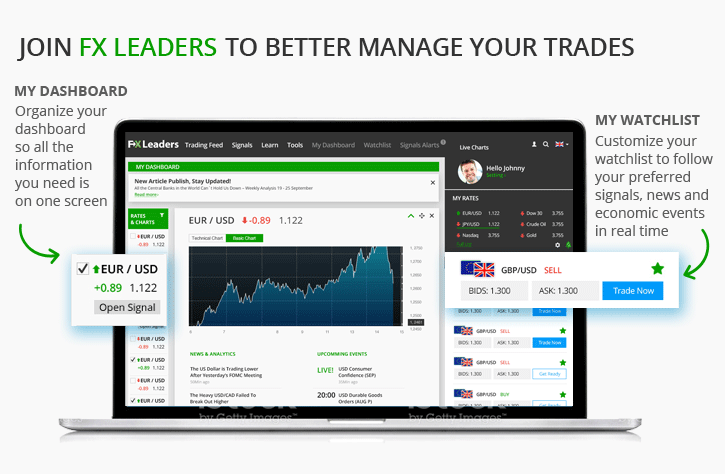What are Crypto Derivatives?
Last Update: March 8th, 2022
A derivative is a financial contract between two entities whose value is derived from an underlying asset or multiple assets. The underlying asset could be a commodity, currency, market indices, stocks, or bonds. Futures, forwards, options and swaps are the type of derivatives available. Ownership of the derivative contract is not an ownership of the underlying asset.
How do smart contract derivatives work?
Smart contract derivatives are financial contracts executed automatically on a blockchain when certain conditions are met. The permissionless settlements are immutable and efficient without a central authority making them ideal in DeFi protocols. For smart contracts to be efficient, they should be able to link to other smart contracts to assess all the possible scenarios to a contract.
Derivative smart contracts vs. traditional derivatives
The permissionless nature of the smart contracts that are executed autonomously makes the system error-free. Smart contract derivatives have a better compliance framework since there are no intermediaries involved compared to the traditional derivatives. Smart contracts are executed in near real-time compared to the lengthy processes involved when issuing a traditional derivative contract. The derivatives contracts are also simpler since they follow a consistent framework based on a digital ledger. Efficiency is enhanced in smart contract derivatives since it reduces the time taken to create business relationships.
Smart contracts face complex regulatory standards because they are relatively new and not clearly designated. The instruments must comply with varying policies across different jurisdictions, due to lack of uniform laws. To create derivative contracts, computer engineers, lawmakers, and tax specialists must collaborate to integrate the terms into programmable codes. Some of the aspects of derivative contracts may require some form of flexibility. If the contract is not honored, it may not be easy to incorporate the control measures into a smart contract. The external aspects of derivatives contracts, like the laws in a jurisdiction, can change and may be difficult to incorporate the changes in the smart contract.
Bitcoin Derivatives
Bitcoin derivatives are contracts between two parties to buy or sell bitcoin at a specified price in the future. The derivatives cannot be transferred or spent on the blockchain network. Their price changes based on the price of BTC. Bitcoin derivatives holders are not the real owner of the cryptocurrency, but the company issuing the derivative is the ultimate owner. The sovereignty aspect of bitcoin is therefore lost with the derivatives since it has an authority controlling it.
Counterparty risks arise in Bitcoin derivatives when the issuing company does not honor its obligations or becomes insolvent. In this case the investment is lost. The derivatives may not always be redeemed for the actual value of bitcoin. The advantage of derivatives is that investors have the opportunities to hedge or leverage their position. High liquidity derivatives are beneficial to regular traders.
Ethereum Derivatives
Ethereum derivatives use Ether as the underlying asset in the contract, where two parties agree on the settlement date and the price. Ethereum derivatives enable investors to get exposure to Ether, the native token of Ethereum, without holding the asset itself. Ethereum futures have seen rising interest among investors in the recent past. The Ethereum open interest, which is the total number of outstanding contracts, has been increasing thanks to the rising popularity of the network and its robust infrastructure. The increase in the Ethereum open interest is also boosted by the institutional adoption of Ethereum. The price of ETH also influences the Ethereum derivatives.
How to trade crypto derivatives?
The first step of trading crypto derivatives is to open an account with a brokerage firm or a derivatives exchange. Once the application is approved, one can begin trading. The trading of futures may require leverage. Margin in cryptocurrency derivatives is the minimum account balance required before a trade is executed. A bigger trade would require a higher margin compared to the smaller ones. Overall, cryptocurrency derivatives require a higher margin to trade because of their high price volatility. Some cryptocurrency exchanges allow the use of cryptocurrencies as a margin in derivatives trading. The cryptocurrency derivatives give the holder the option to either hold or transfer it or transfer. When the contract expires, investors have the option to roll over the derivative or to receive their cash settlement.




